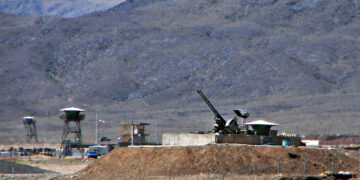
U.S. President Donald Trump pulled off a significant diplomatic breakthrough with the recent Israel-Hamas cease-fire and Gaza peace plan. The key to Trump’s success was his willingness to (finally) pressure Israel. Trump used his frustration, as well as that of Arab states, following Israel’s missile strike on Doha in September to create a new degree of strategic ambiguity with Israel—that is, uncertainty whether the United States would still support Israel if opted to continue the war in Gaza – if Tel Aviv opted to continue the war in Gaza—to get Israeli Prime Minister Benjamin Netanyahu to accept terms that he otherwise would not have. It was a masterful strategic move.
The danger now, however, is that Trump may deviate from this strategy of stepping back and, in the process, do significant damage to U.S. security interests. By signing a document related to the cease-fire himself (which is unusual because the United States is not a direct party to the conflict), Trump clearly sees the peace deal in bigger terms, notably as the “historic dawn of a new Middle East,” according to him.
More on Middle East

Featuring Rosemary Kelanic
October 16, 2025
Featuring Daniel Davis
October 15, 2025
Events on Israel-Hamas







